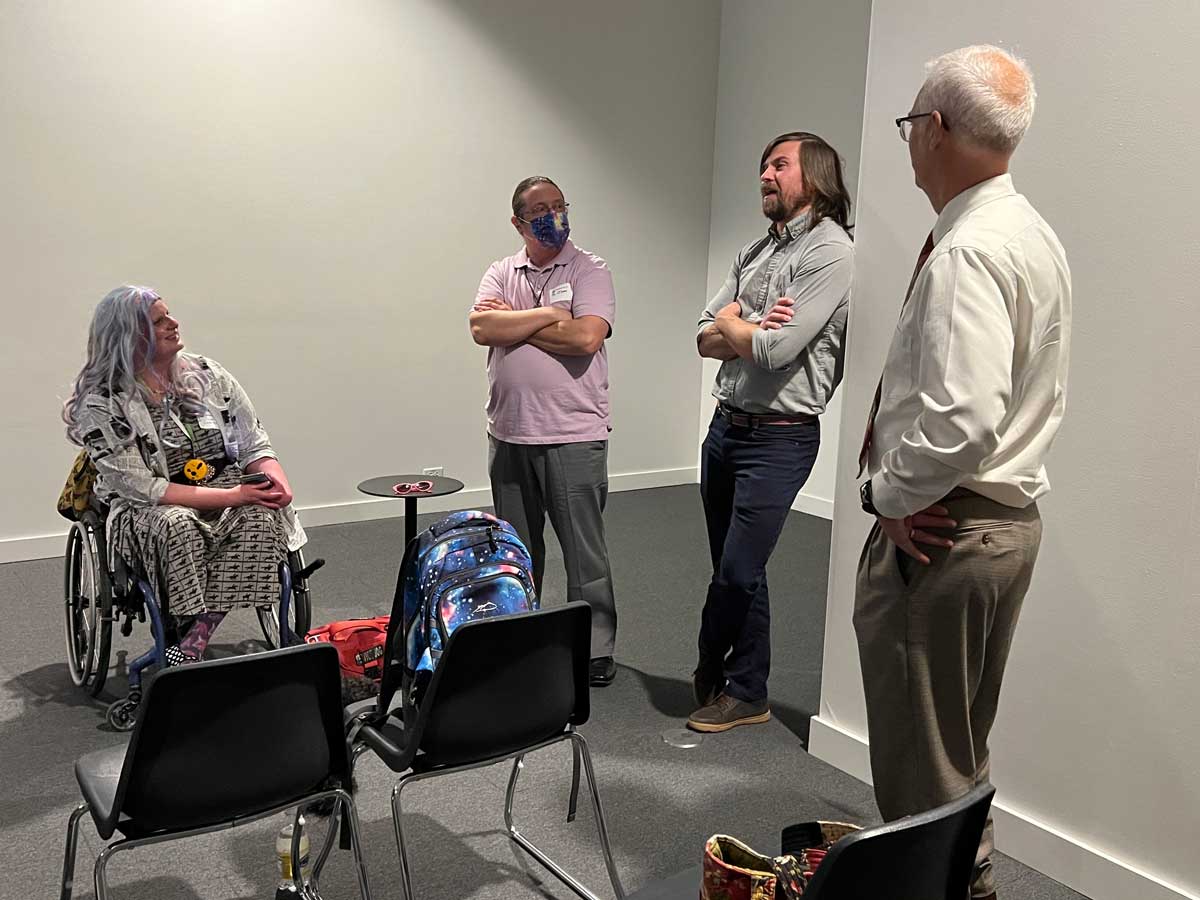Social Work Faculty Share Expertise on Trauma Stewardship with Foster Parents Across the U.S.

Social Work Faculty Share Expertise on Trauma Stewardship with Foster Parents Across the U.S.
Dr. Susan Egbert and Professor Sean Camp, longtime faculty members in the Department of Social Work and practitioner-scholars with expertise in child welfare, foster care and adoption recently published an article in Fostering Families. This national publication reaches a large audience of foster care agencies, providers, and parents – meaning this piece found its way to those most able to implement strategies for trauma stewardship. Their article focuses on tangible aspects trauma stewardship, including how to effectively engage in self-care with intention. Targeting caregivers specifically, they note the impact of being exposed to difficult, trauma-laden stories and associated child behaviors from children in their care. They note, “When we do not acknowledge or address our own trauma stewardship, we place ourselves at risk for burnout, compassion fatigue, and vicarious trauma.”
According to Egbert and Camp, foster caregivers are “especially vulnerable to vicarious trauma because [they] naturally become attached to, protective of, and concerned for the children [they] serve and support, often for extended periods of time.” They offer evidence-based strategies that promote wellbeing for caregivers who are impacted by the traumatic experiences of children in their care. These strategies, adapted from Dardi and Joe Hendershott, range from journaling to unplugging. They conclude that “committing to our own self-care with planned strategies makes us more effective and reduces burnout, compassion fatigue, and vicarious trauma.”




